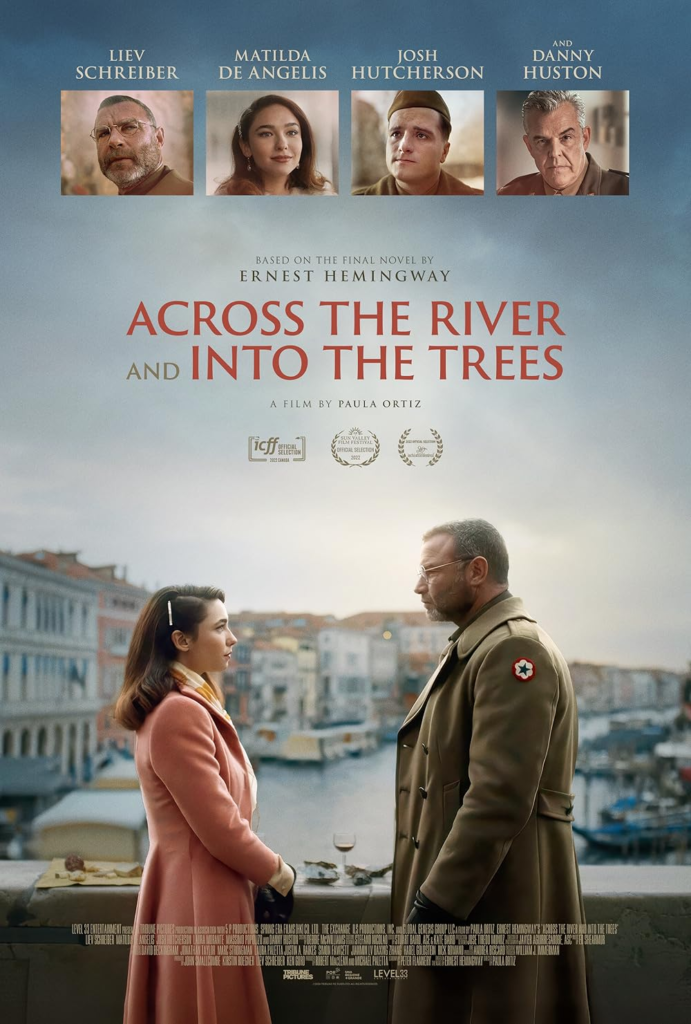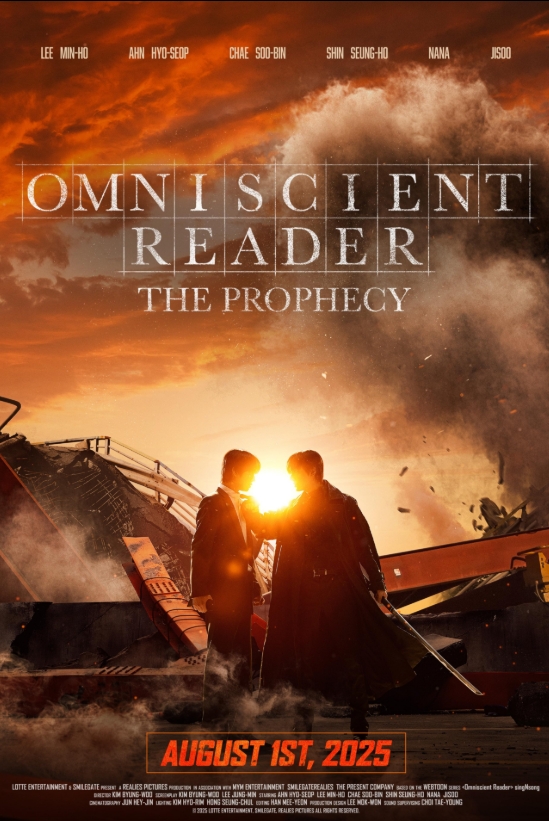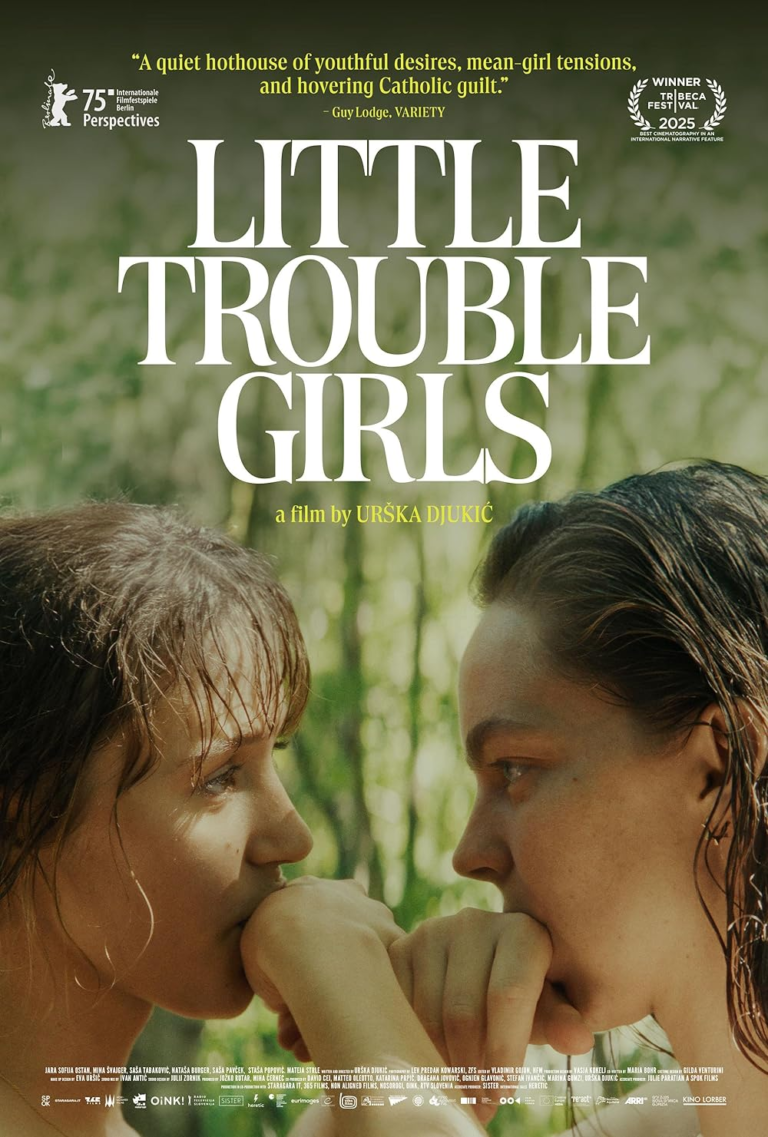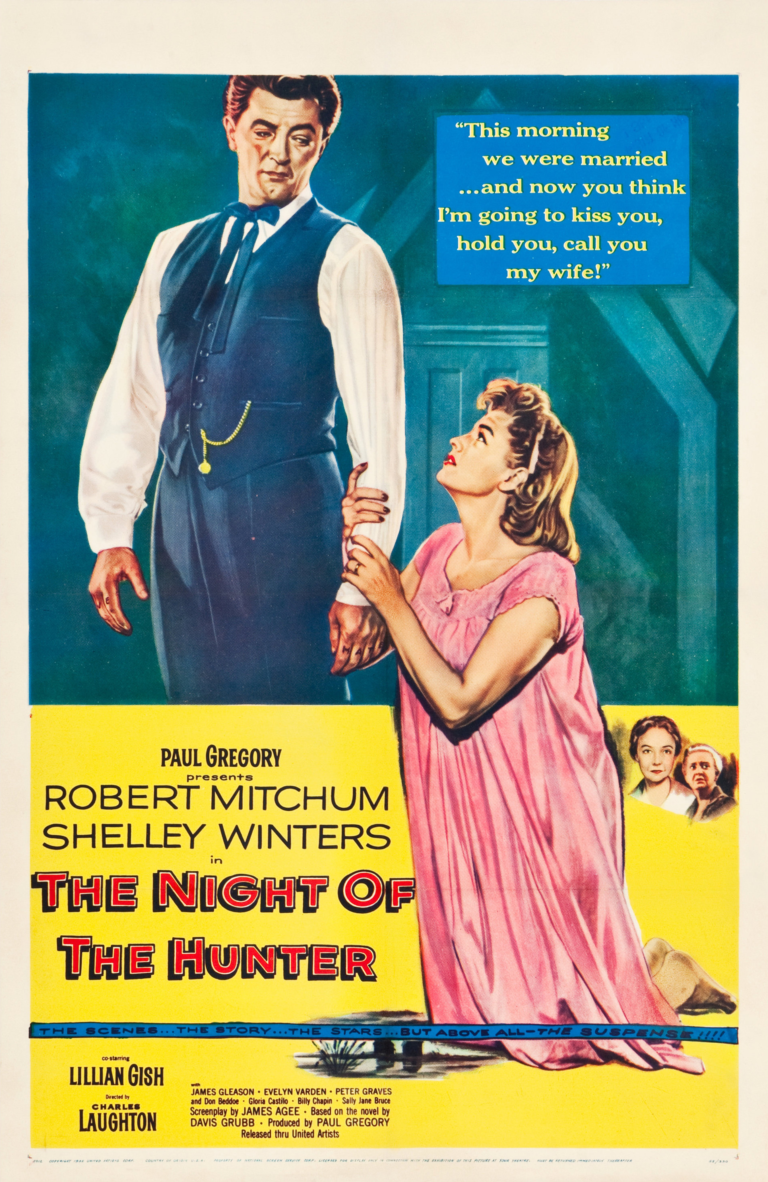Felicity Christian Review
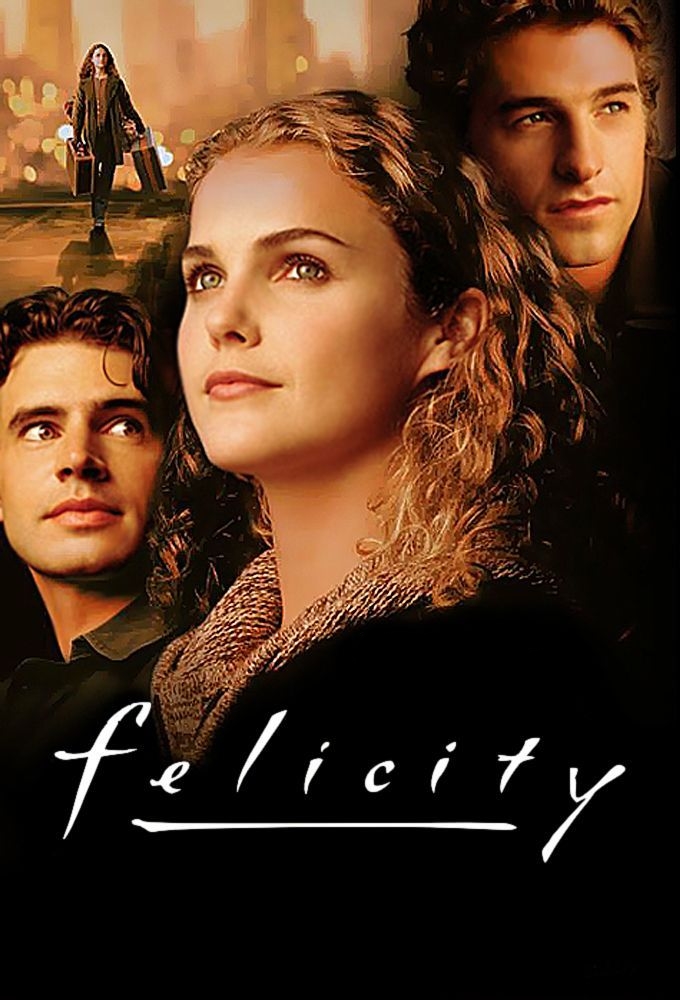
There’s something about those first few weeks of college—somewhere between exciting, utterly terrifying, and oddly surreal. It’s a time defined by equal parts giddy liberation and a sense of suffocating uncertainty. Suddenly, life is this wide-open road, and every choice, every person, and every mistake feels like it’s shaping your destiny. What happens if you pick the wrong path? What if you follow the wrong dream? What if, by trying to find yourself, you lose yourself even more? That’s the space Felicity lives in, and what makes it truly stand out among the sea of coming-of-age stories that have come and gone over the years.
Leaving Home, Looking for Meaning
Felicity kicks off with a move that’s both relatable and ludicrously romantic. The show’s protagonist, Felicity Porter, decides to abandon her meticulously planned life to follow her high school crush, Ben Covington, across the country to New York. It’s not because she’s crazy (though her parents and friends certainly think so). It’s because, in a single impulsive moment, she’s gripped by a question that’s painfully familiar to anyone who’s ever felt trapped by expectations: What if I’m meant to be somewhere else, someone else?
And so, she lands in New York—lost, confused, and with no idea what she’s doing, other than the nagging suspicion that she might finally be where she’s supposed to be. It’s reckless, yes. But if you strip away the layers of romance and cinematic license, it’s also deeply, achingly human. Haven’t we all made a choice like that at some point? Maybe it wasn’t moving across the country, but it was sending that message, taking that job, saying yes (or no) to something without any idea of what it might mean.
The Tension of Growing Up
What follows is a journey that’s messy, unpredictable, and, at times, utterly heartbreaking. There’s no neat narrative arc or tidy moral resolution in Felicity. Instead, it’s like life itself—a series of moments, good and bad, that accumulate into something beautiful, if not always coherent. Felicity’s story is one of trying, failing, and then trying again. But what makes it so compelling is that it never pretends this process is easy or glamorous. It’s one thing to say you want to find yourself; it’s another thing to actually start digging through the layers of who you’ve been to uncover who you want to be.
What’s refreshing about Felicity is that it doesn’t treat growing up as a sequence of neatly packaged lessons. There are no big speeches or melodramatic revelations. Instead, it’s about the small, quiet moments—the awkward conversations, the late-night soul-searching, the long walks through unfamiliar streets—that add up to something transformative. Watching Felicity stumble and struggle is like watching someone learn how to pray for the first time: hesitant, halting, unsure if she’s doing it right but knowing, somehow, that it matters.
The Joys and Agonies of Relationships
But let’s be honest: we all know the real draw of a show like Felicity is the relationships. There’s Ben, of course—the catalyst for Felicity’s journey, the boy she’s been silently obsessing over for years. He’s charming, frustrating, and utterly oblivious to the fact that his mere existence has upended her life. And then there’s Noel, the sweet, steady R.A. who’s everything Ben isn’t: attentive, thoughtful, and hopelessly smitten with Felicity. It would be easy for the show to reduce this dynamic to a simple love triangle—Team Ben vs. Team Noel—but it doesn’t. Instead, it complicates things.
Ben and Noel aren’t just competing love interests. They’re symbols of the two paths Felicity could take—the safe, familiar one and the wild, uncertain one. And because Felicity is young and confused, she keeps bouncing between them, unable to commit to one direction or the other. It’s infuriating at times—just pick someone already!—but it’s also incredibly real. Love isn’t just about choosing the right person; it’s about choosing who you want to be, and that’s something Felicity hasn’t figured out yet.
And then there are the friendships—the delicate, complicated bonds that develop in those early years of adulthood. Felicity’s best friend, Julie, is a bundle of contradictions: sweet but insecure, supportive but secretly resentful. Elena, on the other hand, is fierce and unyielding, the kind of friend who’ll call you out when you’re being ridiculous but still have your back when everything falls apart. Together, they form a kind of messy, imperfect family, one that’s constantly shifting and evolving as each person tries to figure out their own path.
Faith, Failure, and Finding Grace
For a Christian viewer, the show’s treatment of choice and consequence resonates on a deeper level. Felicity’s journey isn’t just about finding love or success; it’s about finding herself in the midst of chaos, about learning to listen for that still, small voice that tells her who she really is. And isn’t that what faith is, at its core? A constant process of seeking and questioning, of stepping out into the unknown and trusting that you’ll find your way?
There’s a particular beauty in the way Felicity handles failure. Time and again, Felicity makes choices that blow up in her face—she hurts people, she gets hurt, she takes risks that don’t pan out. But the show never punishes her for her mistakes. Instead, it acknowledges them as a necessary part of growth. It’s a reminder that grace isn’t about being perfect; it’s about being willing to try again, even when you’ve fallen flat on your face.
More Than a Love Story
Yes, Felicity is about love, but it’s not just about romantic love. It’s about learning to love yourself, flaws and all. It’s about learning to love your friends even when they disappoint you, to love your family even when they don’t understand you, to love the messy, confusing, exhilarating process of becoming who you’re meant to be. It’s about forgiveness and second chances, about the quiet moments of grace that sneak up on you when you least expect them.
There’s something deeply hopeful about a show like this, something that feels almost radical in its insistence that mistakes aren’t the end of the world. It’s okay to change your mind. It’s okay to start over. It’s okay to not have everything figured out. In a world that constantly demands certainty and success, Felicity is a breath of fresh air—a reminder that sometimes, the best thing you can do is to let go and trust the process.
Final Verdict: 8/10
So, does Felicity hold up after all these years? Absolutely. It’s not a perfect show—there are clunky moments, questionable plotlines, and times when the drama feels a bit too contrived. But those flaws are part of what makes it so compelling. It’s not about presenting some idealized version of life; it’s about capturing the messy, awkward reality of what it means to grow up.
For a Christian viewer, Felicity offers more than just entertainment. It’s a story about grace, about hope, and about the courage to step into the unknown. It’s a reminder that even when we don’t know where we’re going, God is there in the journey, guiding us, teaching us, and loving us through every misstep and detour.
In a sea of flashy, superficial dramas, Felicity stands out as something honest, heartfelt, and deeply human. It’s not just a show—it’s a journey. And it’s one worth taking.


